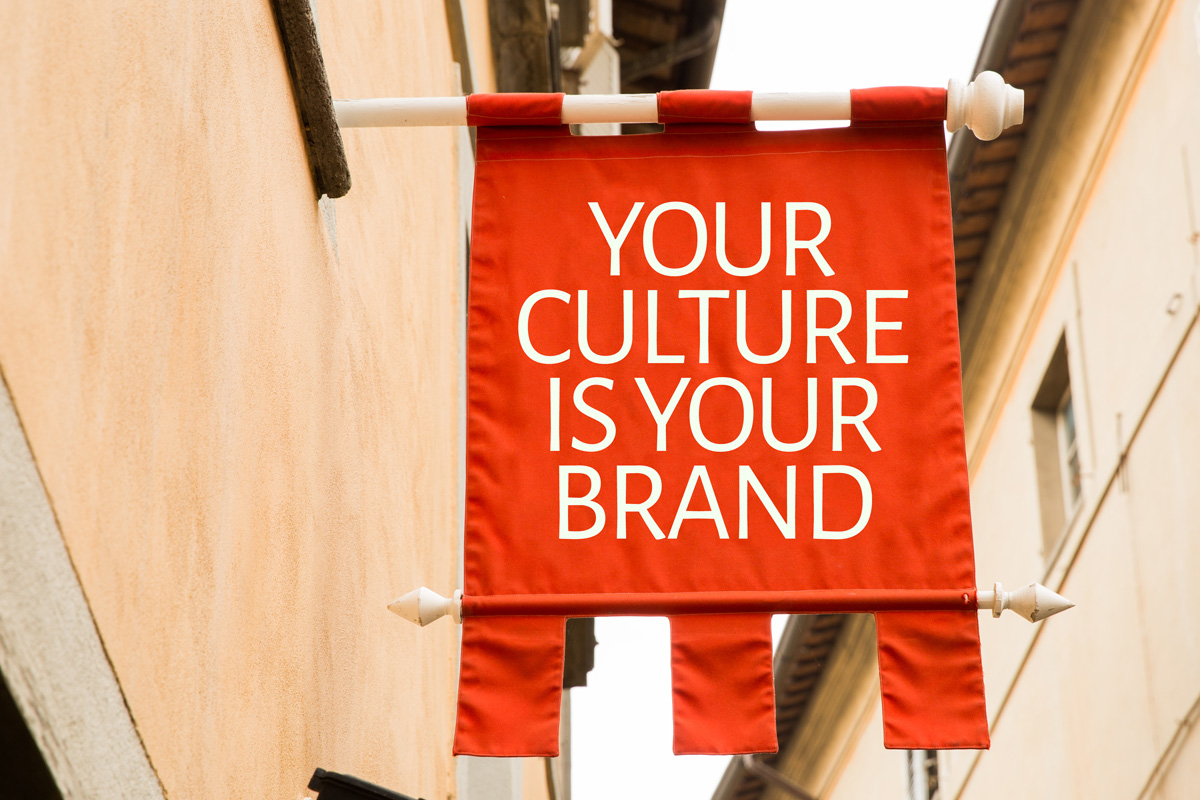Company culture is commonly viewed as an organization’s set of values and beliefs. The way managers treat their employees is based on it, so if an employee thinks the culture is toxic, they’d likely leave within a year or so. On the contrary, if an employee thrives in a company’s culture, their enthusiasm for their job will show, and they’d likely stay for the long term.
However, company culture is actually often misunderstood. While it’s not wrong that it’s an organization’s set of beliefs and values, it goes beyond that. It takes more than empathetic managers and generous benefits to build a positive company culture. The truth is, the culture should be connected to branding.
But branding is another aspect that can be often misunderstood. Some might say it’s just a business’s logo and slogan. But like culture, branding is also built upon a company’s mission, vision, and goals. As such, branding and company culture should go hand-in-hand, because businesses aren’t just serving their market; they’re serving their own employees first.
If your brand and company culture mismatch, you can have happy and contented employees, but they’d produce the wrong results. For example, if your employees are steeped in increasing sales because that’s your culture, they may fail in the customer service department, which is what your brand is supposed to stand for. That’s because your organization is more motivated by high revenues than satisfied customers.
So without further ado, here’s how culture relates to brand:
Nine Types of Company Brands
We can understand the connection between culture and brand more by learning about the nine types of company brands:
-
Disruptive:
Challenges the current ways of doing things by introducing new practices that’ll change the market’s behavior.
-
Conscious
A mission to create a positive social or environmental impact.
-
Service

The promise to deliver quality customer service and care. -
Innovative
Continuously develops technological breakthroughs.
-
Value
Offers basic products and/or services for lower prices.
-
Performance
Developing products with superior performance and dependability.
-
Luxury
Offers high-quality products or services for a steep price.
-
Style
Focusing products or services on how they look and feel, rather than their function.
-
Experience
Products or services distinguished by the experience they deliver to the customer.
You can have more than one type of brand, or embrace all of these characteristics even if you just choose one type. Once you’ve determined your type of brand, the next step is developing a corporate culture that will allow you to execute your branding strategy. If you want to create a conscious brand, for instance, then your culture should focus on corporate social responsibility, empathy, and such.
Core Values

Building a culture and brand starts in identifying your company’s core values. An organization’s core values are the values that form the foundation on which you behave and perform your tasks. They’re the cornerstones of your culture. They reflect what’s important to your company and shape your employees’ attitudes.
Using the same example above, if your type of brand is conscious, your core values should include integrity for creation, open-mindedness, and compassion. As such, your culture shouldn’t involve free or discounted fuel rates every year or so, because that contradicts your mission of being more environmentally conscious. So instead, you can offer incentives to employees who walk or cycle to work.
If your type of branding is luxury, the annual free or discounted fuel rates may make sense. You can also include mental health prioritization in your core values. That would allow you to offer wellness packages as benefits to your employees.
Simply put, align your core values to your brand’s mission, and it would result in a company culture that’s true to your brand. Remember that your brand also influences how your organization behaves and interacts with the market. If your brand caters to people with mental health struggles, your customer service style should emphasize your concern for your customers’ well-being. And within your organization, mental health should also be taken seriously.
Keys to Building the Right Company Culture
Company culture is also something that’s driven by employees. In time, when your organization becomes more tightly-knit, they’d show their actual personalities and interact with others as if they’re a family. That may create a slight issue if their “true colors” clash with your company’s core values.
So to build and maintain your company culture, ask for feedback from your employees. Find out their own personal core values, what they expect more from their bosses, if they have everything they need to perform their jobs well, and if they feel valued. At the end of the day, no one wants to feel like someone is imposing on them. Your employees’ individual values may not be the same as your company’s, but as long as you provide them the resources that will allow them to perform well, they’ll be motivated to act according to your brand, and therefore help you maintain your company culture.

